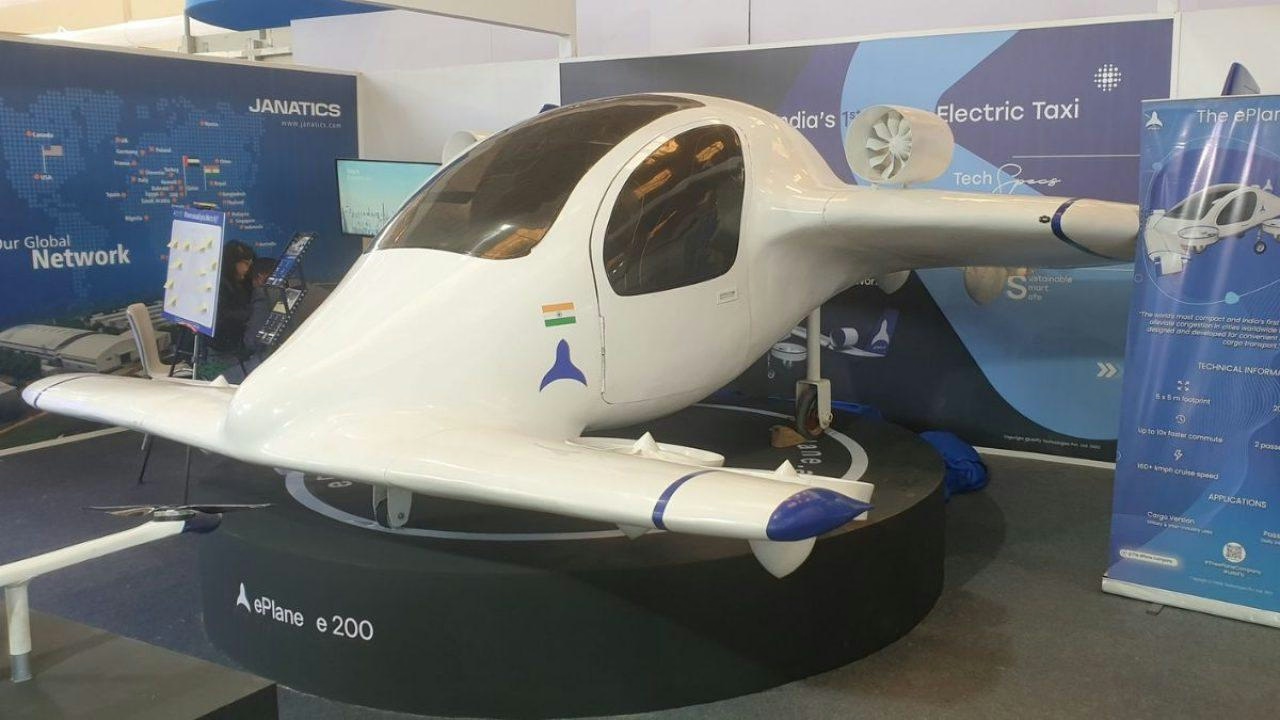AeroGenie — Seu Copiloto Inteligente.
Tendências
Categories
Nigeria and Brazil Sign Aviation Agreement Amid Economic Growth

Nigeria and Brazil Sign Aviation Agreement Amid Economic Growth
Strengthening Bilateral Aviation Ties
On August 25, 2025, Nigeria and Brazil formalized a Bilateral Air Service Agreement (BASA) that is expected to enhance direct air connectivity between the two nations. This development follows a successful test flight by Nigeria’s Air Peace, which plans to commence regular direct flights to Brazil in November 2025. The agreement is a pivotal component of Nigeria’s broader economic strategy aimed at expanding its gross domestic product (GDP) to $1 trillion by 2030, a substantial increase from the current $243 billion.
Central to this initiative is the integration of Nigerian companies into the global aviation supply chain. Air Peace’s CEO, Allen Onyema, announced plans to begin construction on a new Maintenance, Repair, and Overhaul (MRO) facility in Nigeria by September 17, 2025. This facility will be developed in partnership with Brazilian aircraft manufacturer Embraer and is expected to be operational by 2026. The collaboration includes Air Peace’s acquisition of 21 Embraer jets, five of which have already been delivered. This partnership is anticipated to open opportunities for Nigerian engineering firms, such as Innoson Vehicle Manufacturing (IVM), to participate in the production of aviation spare parts, thereby fostering industrial growth.
Economic Context and Trade Dynamics
Despite the promising aviation developments, the broader economic relationship between Nigeria and Brazil presents both opportunities and challenges. Nigeria’s Aviation Minister, Festus Keyamo, highlighted a significant decline in bilateral trade over the past decade, with trade volumes falling from $10 billion to approximately $2 billion. In 2023, Nigeria’s exports to Brazil amounted to $697 million, predominantly petroleum products, which accounted for 97 percent of the total. Conversely, Brazil exported $1.04 billion worth of goods to Nigeria, comprising a diverse range of processed and manufactured products, including machinery, food items, and helicopters.
The substantial order by Air Peace for Embraer aircraft, valued at over $1.1 billion, is likely to further skew the trade balance in Brazil’s favor unless Nigeria can enhance its value-added exports. This imbalance underscores the need for Nigeria to diversify its export portfolio and strengthen its manufacturing capabilities to capitalize on the growing aviation partnership.
Challenges and Industry Outlook
The expansion of the aviation sector in Nigeria faces several structural challenges. The International Air Transport Association (IATA) has drawn attention to persistently high aviation costs across Africa, which may hinder the competitiveness and growth prospects of both Nigerian and Brazilian carriers. Additionally, the market is becoming increasingly competitive, with airlines such as United Nigeria Airlines expanding their fleets with new Boeing 737-800 aircraft. This intensifying competition may drive strategic alliances or further expansions as carriers seek to consolidate their market positions.
Simultaneously, the aviation consulting services market is experiencing growth, reflecting the sector’s need to navigate complex issues related to expansion and sustainability. Nigeria’s export sector also contends with external pressures, including tariffs imposed by trading partners such as the United States, which have raised concerns about the resilience and diversification of Nigerian exports.
The Nigeria-Brazil aviation agreement thus represents a strategic opportunity for Nigeria to leverage policy initiatives, industry partnerships, and international cooperation to advance its economic ambitions. Successfully integrating local manufacturers into global supply chains and addressing the structural challenges in aviation and trade will be essential for Nigeria to realize its vision of a $1 trillion economy by 2030.

Archer Aviation Partners with NVIDIA to Advance Aviation AI Technology

Chennai Startup to Develop India’s First Electric Air Taxi

Factors Positioning Airbus for Leadership in 2026

Emirates Unveils Cabin Design for New Boeing 777X

Eighteen Years On, the Airbus A380 Remains Central to a $34 Billion Airline

How a boom in luxury airline seats is slowing down jet deliveries

Navitaire Outage Attributed to Planned Maintenance

Airbus Plans Record Delivery of 870 Aircraft in 2026

DigiYatra Debuts Outside Aviation at India AI Impact Summit

Vietnam Orders Strengthen Boeing’s Commercial Outlook
